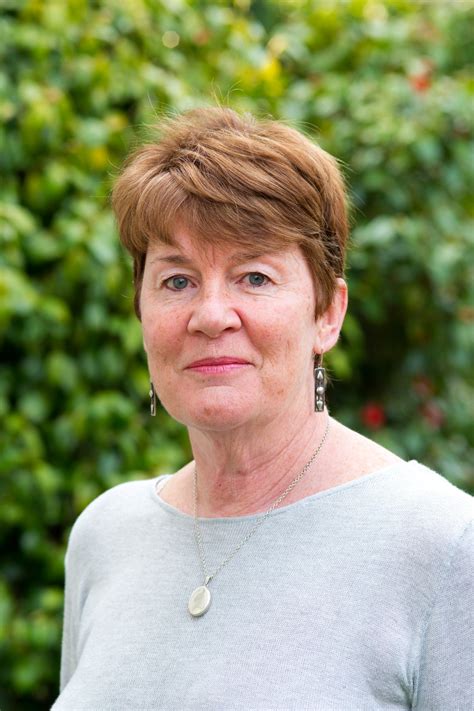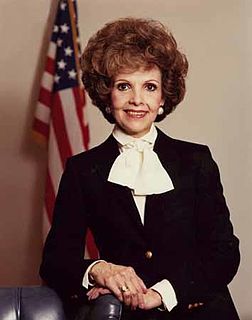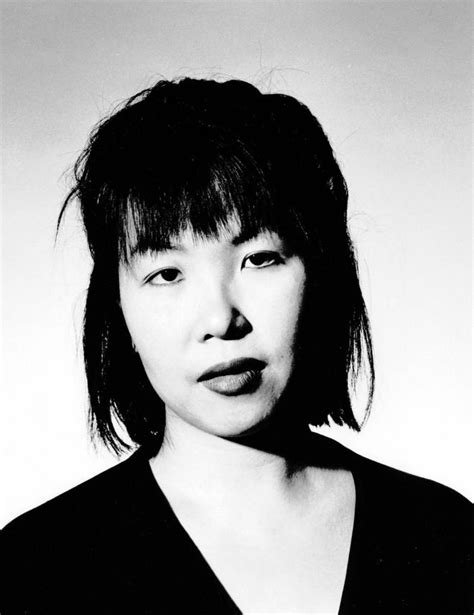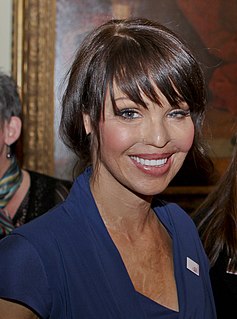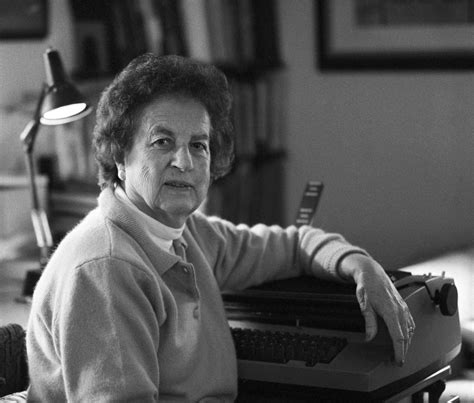A Quote by Fiona Barton
The success of 'The Widow' meant there were expectations for the second book from the first word, and it has created a completely different writing experience. Not to say I haven't enjoyed writing 'The Child,' but I confess there were times when I felt as if I was wrenching it out of my body with bloodied fingernails!
Related Quotes
For me, a lot of Discipline was very personal writing, like writing through and working out being inside this gendered body and also the compulsions of the body, the muting of the mind as driven by the body. My father had died some years ago so he haunts the book too, just floats through it ghost-like. But, the writing of every book is different for me. They are so like living creatures, these books, so I don't know what's carried over into the writing of the next things - except maybe that I'm best when I make my writing practice a routine.
Actually, I've taught creative writing in Turkey, at an English language university, where the students were native Turkish speakers, but they were writing their essays in English, and they were very interesting - even the sense of structure, the conventions of writing, the different styles of writing.
Me writing the book and the subsequent interactions that we had were actually the cap on that experience. We were still in this weird purgatory about it when I published the book. When I gave them the galleys and what ensued after that, then I understood a lot more about our relationships and what the experience meant to them. I'd never wanted to know what they thought about it at all.
In my twenties, it was so important for me to show people I had all these other books and these other sorts of writing in me, .. A lot of authors, if their first book is a success, they're terrified to write a second one. But in my case, since the first book wasn't considered a literary book, I was really determined to show people I could do other types of writing.
The process of writing a book is infinitely more important than the book that is completed as a result of the writing, let alone the success or failure that book may have after it is written . . . the book is merely a symbol of the writing. In writing the book, I am living. I am growing. I am tapping myself. I am changing. The process is the product.
I know now that I began writing in a country where the word 'woman' and the word 'poet' were almost magnetically opposed. One word was used to invoke collective nurture, the other to sketch out self-reflective individualism. Both states were necessary - that much the culture conceded - but they were oil and water and could not be mixed.
It's more like I write multiple first drafts, handwritten. So with my first novel, I wrote whole drafts from different points of view. There are different versions of that novel in a drawer on loose-leaf sheets. I won't even look at the first draft while I'm writing the second, and I won't look at the second before writing the third.
When I first had a child, I really had a hard time trying to figure out how it was all going to fit together. Because I felt like, when I was with him, I wanted to be writing and I should be writing. And when I was writing, I felt like I should be with him, and wanted to be with him. So I was unhappy a lot.
